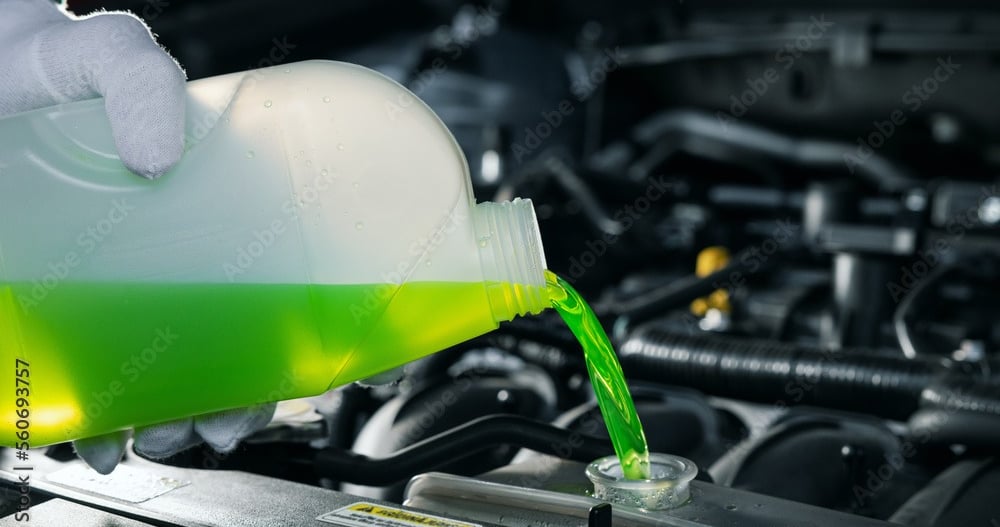The Importance of Coolant (Antifreeze) in Engine Functionality
2/6/20251 min read


Understanding Coolant's Role in Engine Health
Coolant, commonly known as antifreeze, is a crucial component in maintaining engine efficiency and longevity. Its primary purpose is to regulate the engine's temperature, preventing overheating during operation. Engines generate significant heat, and without a proper cooling system, critical components may fail. Thus, the necessity of coolant cannot be overstated.
Why Coolant is Essential for Engine Performance
One of the primary functions of coolant is to absorb heat from the engine and transfer it to the radiator, where it dissipates into the atmosphere. This process keeps the engine running at optimal temperatures, ensuring it performs efficiently. Additionally, high-quality coolant contains additives that prevent corrosion within the engine, protecting vital parts from damage over time.
Possible Consequences of Insufficient Coolant
Lack of adequate coolant can lead to serious engine problems. For instance, an overheated engine can result in warped cylinder heads or blown gaskets, leading to costly repairs. Moreover, when coolant levels are low, the engine may not only suffer from overheating but can also cause overheating of the radiator, further compromising the entire cooling system. Regular checks and maintenance of coolant levels are essential for the health of the engine.
In summary, the role of coolant, or antifreeze, in the engine's functioning is vital. It regulates temperature, protects components from corrosion, and prevents significant engine damage due to overheating. Regular maintenance and monitoring of coolant levels should be a top priority for vehicle owners to ensure prolonged engine performance and reliability.
Support
Ask questions and share truck repair tips.
Connect
© 2025. All rights reserved.
